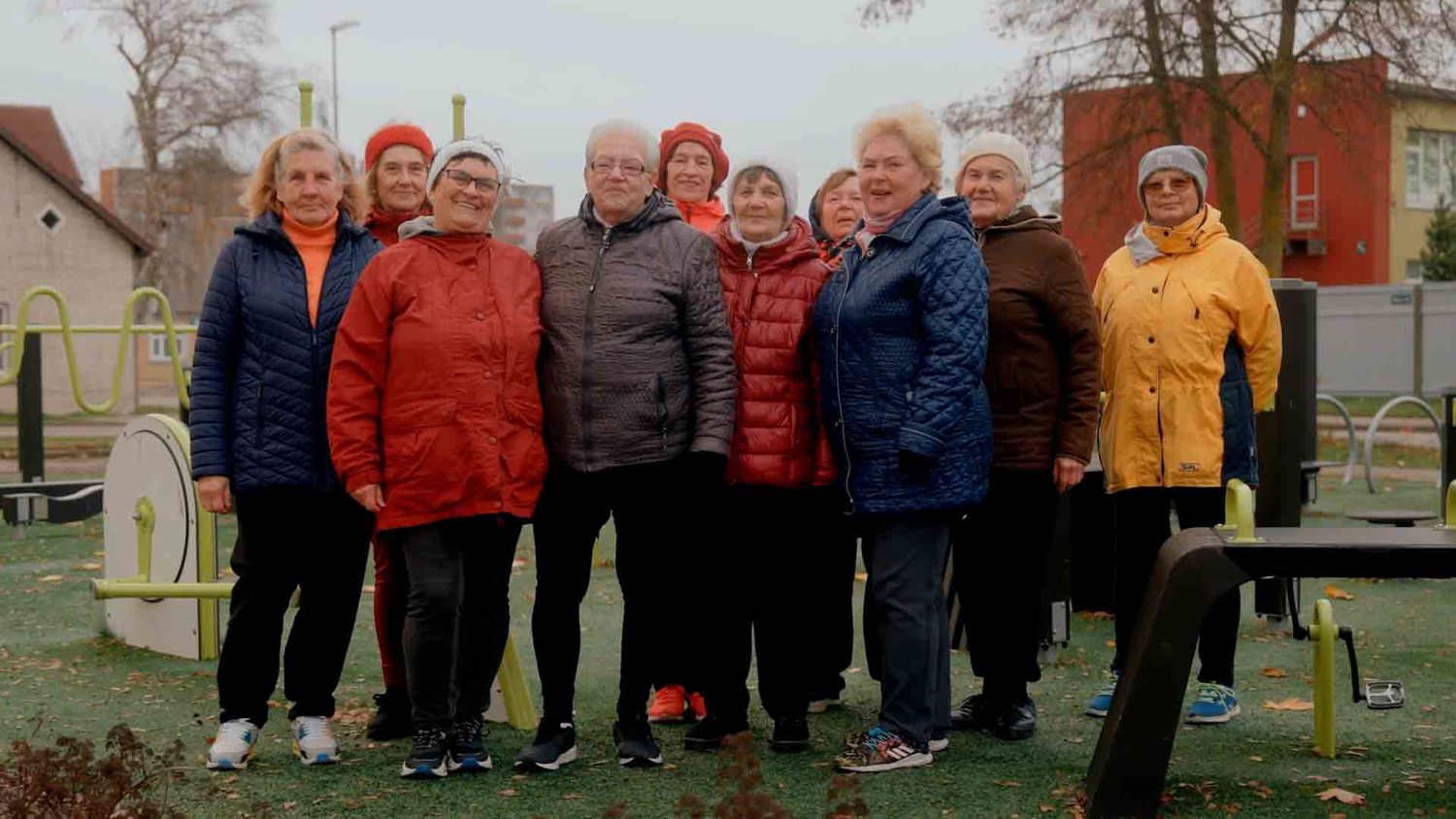News & Stories
In this section we share the latest updates, inspiring stories and insights from our community. Stay informed and inspired!

In this section we share the latest updates, inspiring stories and insights from our community. Stay informed and inspired!
